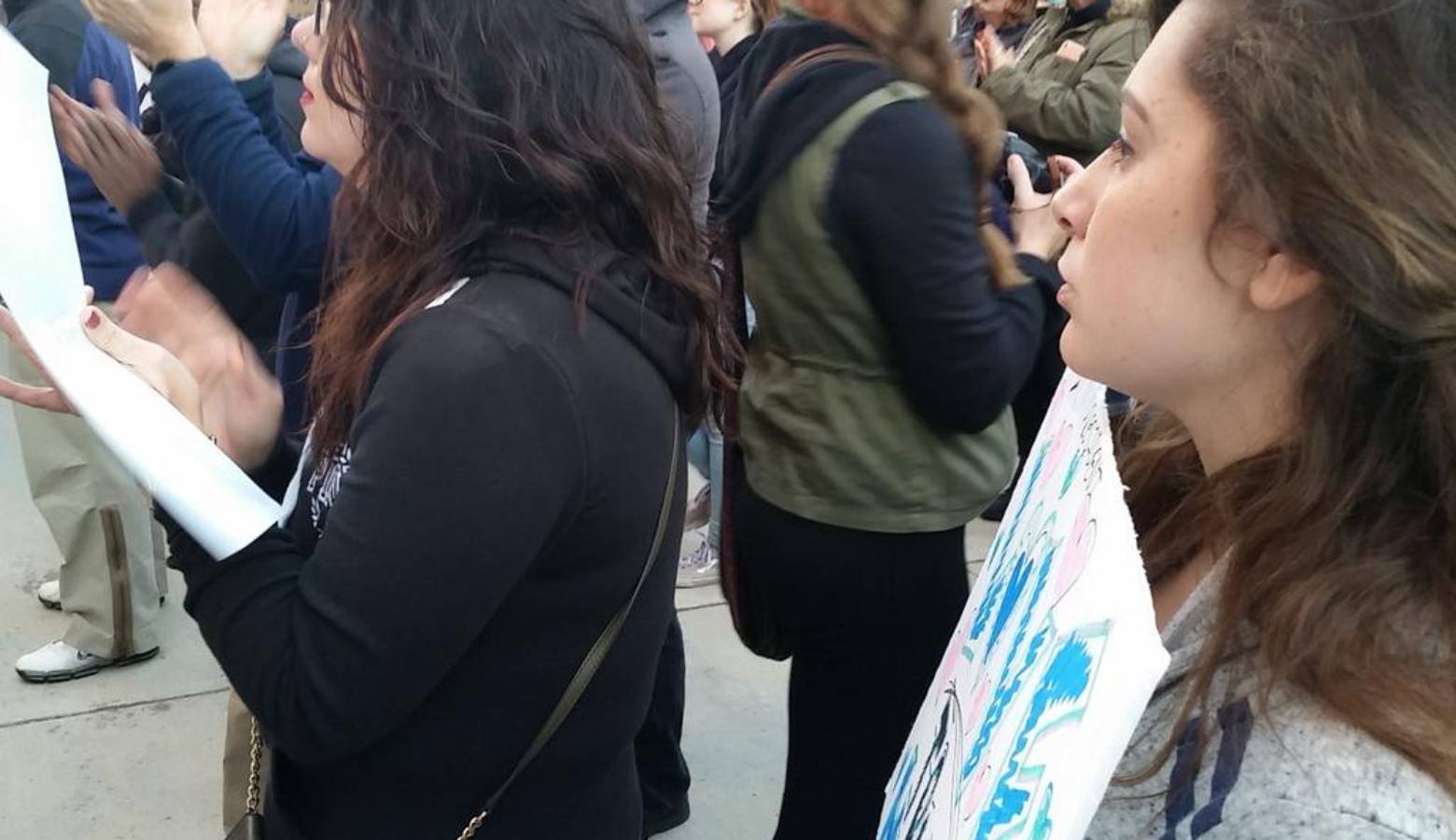Lawmakers Amend Bill To Clear Protesters From Roads

The Senate Local Government committee amended a bill requiring law enforcement to clear protesters from roadways by any means necessary, and the bill is expected to be watered down even more.
Senate Bill 285, authored by Sen. James Tomes (R-Wadesville), would have required law enforcement to be dispatched within 15 minutes of a report of 10 or more protesters unlawfully blocking traffic. Those police would be required to “use any means necessary” to move those protesters out of the road.
But lawmakers expressed serious concerns and amended the bill, striking “any means necessary” – virtually rewriting the bill.
The new version creates an infraction for “mass traffic obstruction” and allows state police to help local law enforcement enforce it.
But committee chairman, Sen. James Buck (R-Kokomo), says even that version of the bill won’t last. Buck says the amendment was added to get the bill to the Senate floor, where it will be changed again.
“Once it gets to the floor, you basically do a strip and insert and put the summer study committee in that,” says Buck. “And then you’re all set with the summer study committee.”
Buck says the study committee will explore “what we can do” to keep communities safe while still protecting the freedom to assemble.
